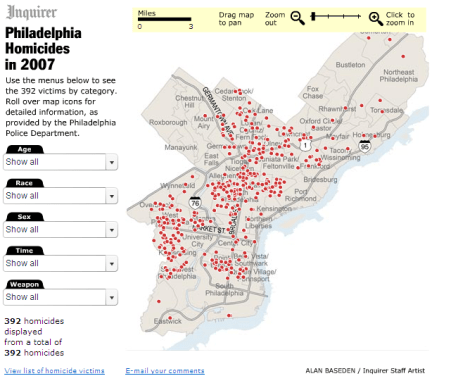Early Christians didn’t think of themselves as a religion but as bearers of truth. So too do a class of progressive activists that put race at the center of everything, and are unwilling to hear any complicating narrative.
That’s the theme of the 2021 book Woke Racism: How a New Religion Has Betrayed Black America written by John McWhorter, a linguist and prolific writer on language, whom I have long read (he’s also a native Philadelphian). No surprise given the topic and his stature the book has garnered widespread coverage. Some more thoughtful than others.
I respect McWhorter, and am a genuine fan of his linguistics books, so I’ve gone with him on this ride he’s taken into our political and partisan muck. He was one of the hundreds of academics to sign that Harper’s letter that called for greater civility, which received ample generational criticism.
I don’t suggest his politics align with my perfectly but I do take him to be a good-faith arguer. So I appreciate his book’s overall argument that a class of activists are more interested in virtue signaling among their peers than actually progressing forward. The best way to understand this movement is that they’re adherents to a kind of religion, he argues. They’re no more likely to accept other points of views than a Christian is to accept perspective on Christ from Islam.
Instead, his broad perspective on race in America is that culture outlasts original stimuli (ie true racism). It’s thorny. I share my notes from the book below for my future reference.
Continue reading Woke Racism: notes from John McWhorter’s controversial 2021 book








